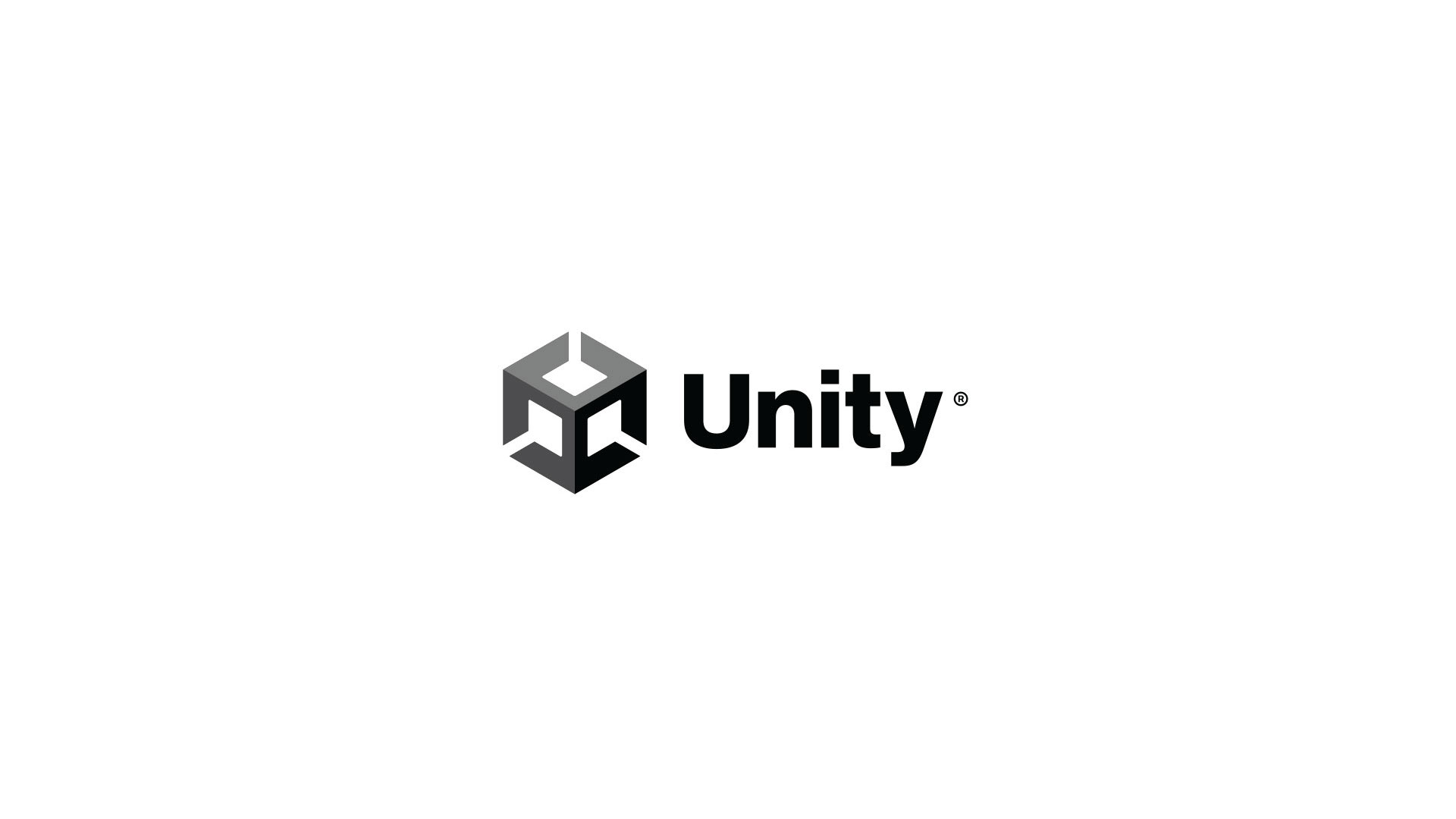Unity issues new statement over controversial new dev fees, but is still getting blasted by devs
Developers still have major concerns with the proposed fees

Unity has responded to criticisms of its previously-announced charges for developers, attempting to assuage fears of the new system.
Earlier this week, Unity announced a plan to charge developers using their engine a fee based on every installation of their game after a certain threshold of downloads and sales. If a game made more than $200,000 over the past 12 months, and had been downloaded a total of 200,000 times, it would be subject to a .20 cent fee for every install after this point (only for those using Unity Personal, the company's base tier for smaller developers).
The response was overwhelmingly negative. Many developers pointed out a variety of problems with Unity's new plan, including the issue of privacy regarding Unity tracking downloads and installs. Developers feared it would outright bankrupt studios, and also highlighted issues with installations through services like PlayStation Plus and Xbox Game Pass, which could lead to a deluge of new fees for a small studio.
Now, Unity has responded. The full response is below, in which the company says it wants to "acknowledge the confusion and frustration we heard after we announced our new runtime fee policy." Unity has also attempted to address the issue of repeated installations of a game per customer, writing that only the first installation of a game by a player would be subject to the .20 cent fee.
We want to acknowledge the confusion and frustration we heard after we announced our new runtime fee policy. We’d like to clarify some of your top questions and concerns:Who is impacted by this price increase: The price increase is very targeted. In fact, more than 90% of our…September 13, 2023
Additionally, Unity claims that "more than 90% of our customers will not be affected by this change." The company writes that those who will be impacted will have "substantial scale in downloads and revenue," and so this means a lower fee for developers "who have not found scale success yet and a modest one-time fee for those who have."
Unity has also attempted to clear up any misunderstandings about how it defines and tracks installations. "Assuming the install and revenue thresholds are met, we will only count net new installs on any device starting Jan 1, 2024," the company writes. Developers already knew this though - it's why Cult of the Lamb developer Massive Monster joked earlier this week that it would delete its game on January 1, 2024.
Buy Cult of the Lamb now, cause we're deleting it on Jan 1st. 😘 https://t.co/nSWg9DP0shSeptember 12, 2023
Unity also clarifies that it won't be charging a fee based on "fraudulent installs." One fear among developers earlier this week was that they could be targeted by trolls who pirated their game, only to repeatedly install it and force the developer into paying a significant fee through pirating. Finally, Unity writes that demoes, trials, "charity-related installs," and streaming games won't be subjected to the fee.
Sign up to the GamesRadar+ Newsletter
Weekly digests, tales from the communities you love, and more
The attempted clarification from Unity hasn't gone down well with developers. "I don’t think there’s any confusion. You think it’s possible to track something that is impossible to track. We disagree," writes Remedy developer Sergey Mohov underneath the tweet, pointing to how developers themselves cannot track installations of games that are made through charity bundles.
"Sorry, but there's absolutely zero trust that the Unity team will resolve cases of malicious intent (fraud and botnets) in a fair and logical manner," writes fellow developer Vincent Livings. "Given Unity's track record and desire to reward investors, it's far more likely that developers will be left holding the bag."
"If you actually can detect fraudulent installs (piracy), why can you not prevent it in the first place?" says Dino Patti, former lead developer on Limbo and Inside. Top Hat Studios points to problems with Unity planning to, in some cases, bill the "entity that distributes the runtime" for the installation fee, be it Microsoft, Sony, or Nintendo, writing "good luck."
GamesRadar+ spoke to 10 game developers, many of whom would be directly affected by Unity's policy changes, earlier this week. The overwhelming sentiment from the developers was a fear that Unity could very easily bankrupt them via installations that are practically impossible to track. "I don't want to sell my house because my game was too popular," said one developer, painting a dire picture of the future for the studios.
You can read our upcoming indie games guide for a look ahead at all the small-time gems you should keep an eye on over the coming months.
Hirun Cryer is a freelance reporter and writer with Gamesradar+ based out of U.K. After earning a degree in American History specializing in journalism, cinema, literature, and history, he stepped into the games writing world, with a focus on shooters, indie games, and RPGs, and has since been the recipient of the MCV 30 Under 30 award for 2021. In his spare time he freelances with other outlets around the industry, practices Japanese, and enjoys contemporary manga and anime.



